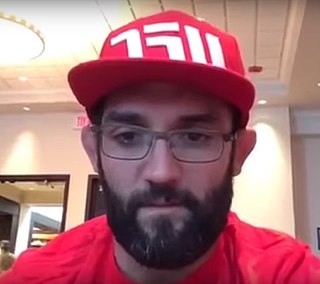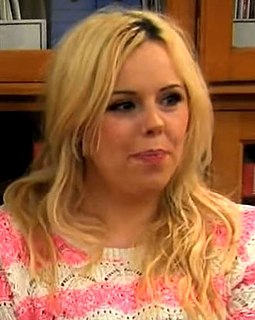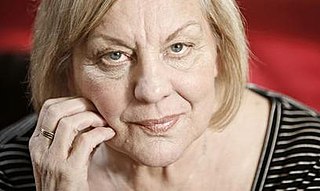A Quote by Jo Nesbo
Ever since I was in my teens I had plans at one point in my life to write a novel.
Related Quotes
I felt I had a very innocent childhood and I feel privileged by that. But as an adult, I know that there were people who didn't have that. There are a lot of teens who haven't had as easy a childhood as me, and having literature that explores these "darker" parts helps relieve the burden and stress they may be feeling. As a writer, there is often a temptation to draw back when we write for teens - to preserve their innocence. But the reality is, if someone has already had that innocence taken in their life, then not writing about it is just brushing it under the rug.
Being poor with three small children is terrifying. You can't make any plans. You know you're not going on holiday, ever. There's no way you could ever afford driving lessons or a car. And the guilt I used to feel: they had holes in their shoes, and at one point, I had to send them to school wearing Wellingtons when the sun was shining.


































